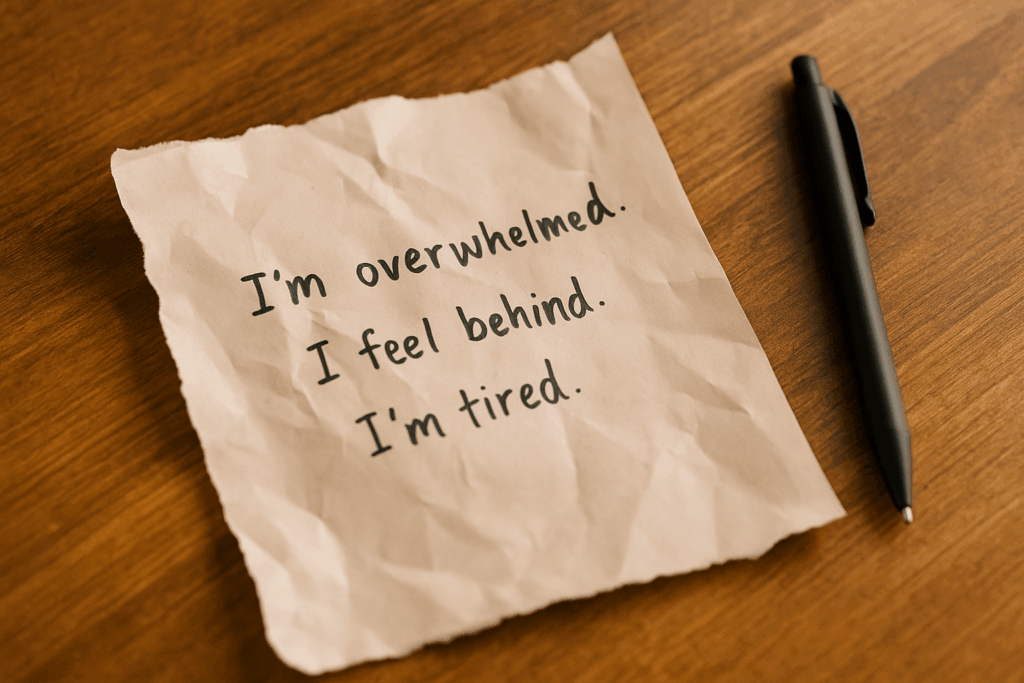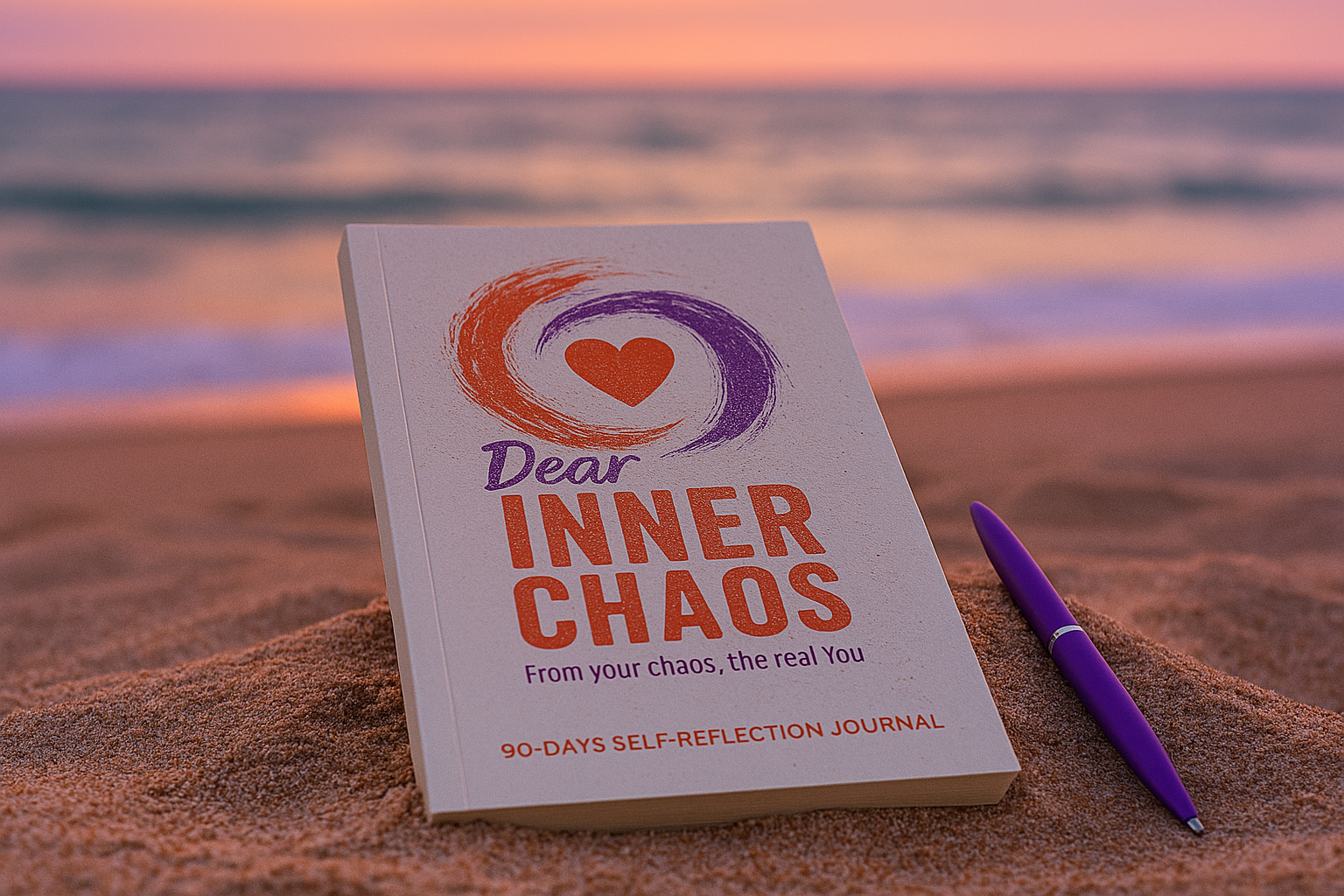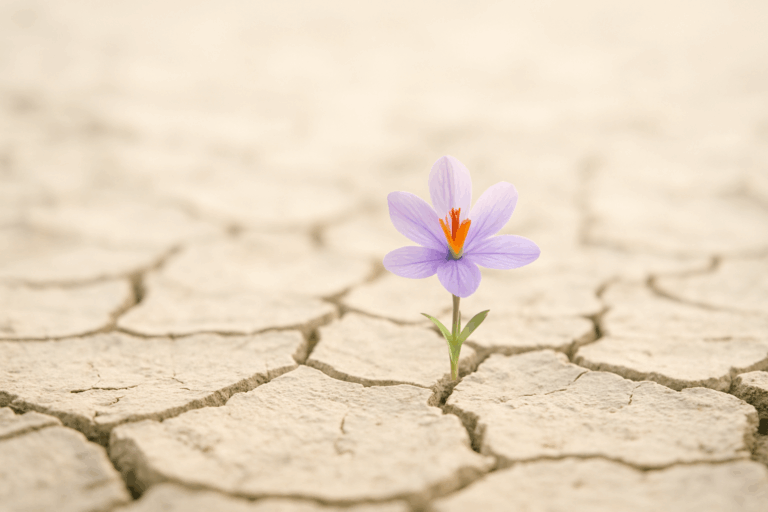8 Ways Journaling Helps (From a Skeptic-Turned-Believer Who Needed It)
I didn’t start journaling because I had it all together. I started because I didn’t. My brain was spinning, my sleep was wrecked, and my thoughts were loud but unclear. Therapy helped a lot, sure—but journaling? That was the thing I could do alone, anywhere, without pressure.
And despite all my “this probably won’t help” energy, it quietly changed things.
So here’s what I’ve learned—not just from my own scribbly pages, but from legit mental health research, too. No fluff. No perfection. Just real benefits for real brains.
- It clears your mental junk drawer (aka your overcrowded brain)
When I journal, it’s like dumping the contents of my mind onto the page. Worries, to-dos, random spirals—it all goes down. And once it’s out of my head, I can breathe again.
Research backs this up: a meta-analysis of over 20 studies found that expressive writing reduces emotional distress, including anxiety, depression, and even PTSD symptoms. Writing clears the mental noise so you can start making sense of what’s left.
- It gives you a space to be brutally honest—without freaking anyone out
Some thoughts feel too heavy to say out loud. Some just sound dumb in your head, but they need to be somewhere. Journaling gave me a safe place to say the things I couldn’t say out loud, and to do it without filters. (You can read more about journaling techniques for anxiety here.)
Pennebaker’s foundational research showed that this kind of emotional journaling reduces stress hormone levels and can improve immune function. Your body literally reacts to your brain letting go.

- It shows you what you keep doing on repeat
I started to notice certain sentences showing up again and again: “I’m overwhelmed.” “I feel behind.” “I’m tired.” Patterns I didn’t catch in the chaos of daily life suddenly stood out when I wrote them down.
That awareness? It’s everything. A study found that structured self-reflection through journaling improved emotional intelligence and helped people spot recurring beliefs and behaviors. That’s where change starts.
- It helps you name what’s actually going on—not just what’s loudest
I used to say “I’m stressed” all the time, but journaling helped me realize that what I really meant was “I feel unsupported,” “I’m afraid of failing,” or “I need rest but feel guilty asking for it.” Writing slows your brain down just enough to get honest.
Researchers in psychology and psychiatry have found that writing about emotions helps people process difficult feelings with more acceptance, which lowers the intensity of emotional spirals over time.
- It creates a pocket of calm—even when life is messy
Sometimes, journaling is the only moment in my day that feels still. It doesn’t solve everything, but it grounds me. It gives me five minutes to check in without judgment.
A study found that positive-affect journaling (writing about uplifting or meaningful experiences) improved psychological functioning and reduced mental distress—even for people dealing with serious health challenges. It’s a simple way to remind your nervous system that you’re safe.

- It supports your physical health (yes, really)
This one surprised me. But science says your body loves journaling. Research shows that expressive writing can lead to lower blood pressure, improved liver function, and stronger immune response—like improved T-cell activity in people with chronic illness.
Why? Because stress doesn’t just live in your mind. It lives in your nervous system—and writing helps your system finally let go. Even just 15 minutes a day for 3–4 days was enough to show measurable changes in multiple studies.
- It sharpens your thinking and helps with decision-making
When I write consistently, I don’t just feel better emotionally—I think more clearly. My decisions aren’t rushed. I catch red flags faster. I get less stuck in mental loops.
A study in The Journal of Nursing Education found that reflective journaling improved critical thinking and clinical decision-making in nursing students. Another found that journaling helped people evaluate situations more objectively, especially when facing uncertainty.
In short: journaling slows you down just enough to think better—not just faster.
- It helps you sleep better and feel more grounded (especially when you use it for gratitude)
On nights when I journal—even if it’s just “3 things that didn’t suck today”—I fall asleep easier. Why? Because I’m not going to bed holding all the day’s chaos in my chest.
Studies from the Greater Good Science Center show that people who write regularly about things they’re grateful for report better sleep, improved mood, and lower inflammation markers. Gratitude journaling also shifts your focus from what’s wrong to what’s working, even if it’s tiny.
You don’t need deep reflections—just honest ones. “The coffee was hot.” “The dog didn’t puke.” “I made it through.”
How to Start (with Your Chaos in Mind)
You don’t need a 10-step routine or a fancy pen. You need five minutes, some honesty, and a little structure that works with your brain—not against it.
Here’s what I recommend:
- Start small: 10–15 minutes a day is enough.
- Let it be imperfect: Messy writing counts. Half-sentences count. Doodling counts.
- Use a journal built to support your patterns and emotions: (Like Dear Inner Chaos, or one that meets your ADHD brain or anxiety spirals where they are.)
- Make it yours: Mornings, evenings, beside your coffee—find a rhythm, not a rule.
At the end…
Journaling didn’t turn me into a productivity queen or Zen master. But it helped me hear myself again. It gave me room to stop spiraling and start noticing.
If you’re feeling overwhelmed, burnt out, or just off lately—give it a shot.
You don’t have to do it right. You just have to show up.
And if you need a journal that’s actually built for this kind of chaos, visit check my collection of journals. It’s where this whole journey started for me—and maybe where yours starts too.
Join the Dear Inner Chaos community
If you’ve found today’s tips helpful, I’d love to share even more of what’s worked for me this past year of daily journaling. Every other week, I send out a short email with:
- Fresh journaling ideas to manage overwhelm and boost motivation
- Easy self-care practices you can do in under 10 minutes
- Behind-the-scenes peeks at how I build my own journal spreads
- Exclusive first looks at new tools, templates, and offers



